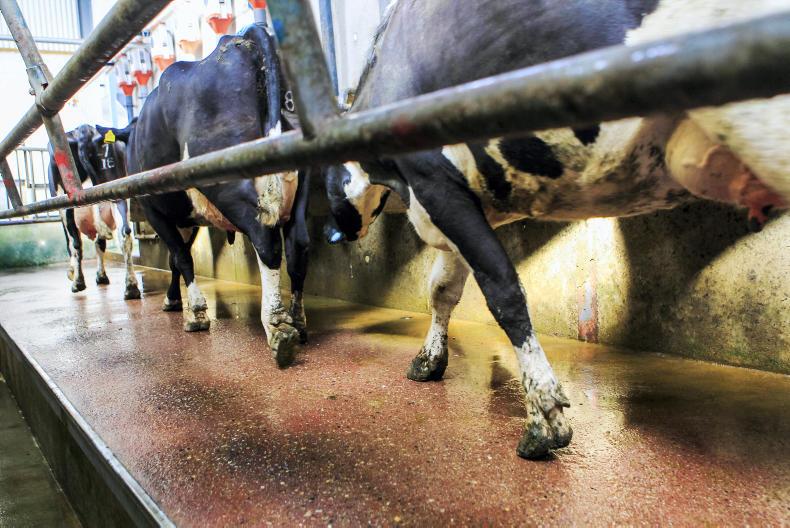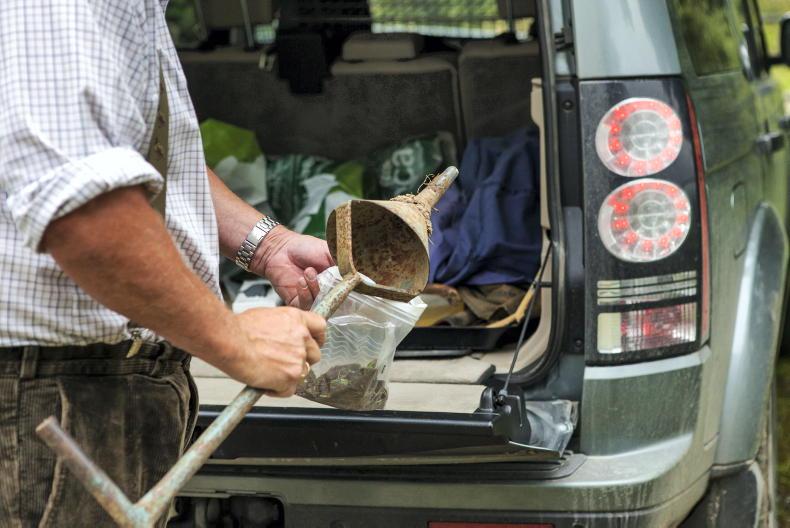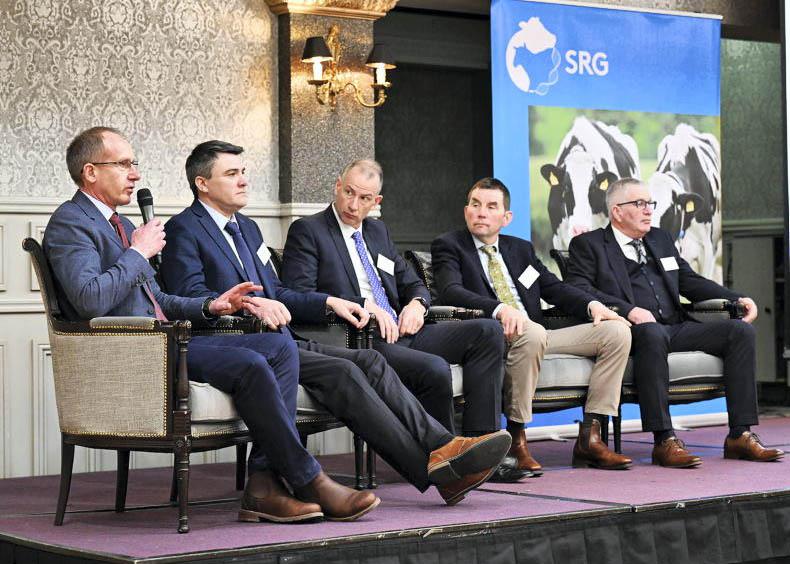The DAERA paper released last week seeking views on a future agricultural policy in NI after Brexit is a useful starting point in the process of trying to formulate a plan that will ensure farming is resilient into the future.
Especially welcome is the prominence given to increased productivity, which contrasts with similar documents produced elsewhere, especially in England, where the focus is very much on public goods linked to animal welfare and the environment.
Farmers are in the food production business, and it would be extremely short-sighted to lumber the UK industry with new controls, while importing cheap food from elsewhere, produced to lower standards.
But it is important to also understand what the word productivity actually means. It is not necessarily about producing more. Instead being more productive is about making better use of inputs.
Longer term, if we hold production, but use less inputs, that would be a good outcome for farmers and the environment.
Achieving this is easier said than done. Assuming area-based payments are significantly cut in future years (or removed completely), a safety net will be taken from farmers.
The DAERA document talks about raising productivity by focusing on research and advice, farmer education and restructuring of farms, with particular emphasis on land mobility.
But if you talk to a lot of farmers about how they might be more productive, many will point to rules and regulations, and how they want the ‘freedom to farm’.
It is the ban on slurry spreading, hedge removal, the requirements around TB testing, cattle traceability, etc. However, none of this is likely to change any time soon.
Those advocating radical change in NI farm policy need to be careful what they wish for. We must devise a system that gets money directly into the hands of active and productive farmers, especially if counterparts in Europe continue to do just that. We will be uncompetitive otherwise.










SHARING OPTIONS